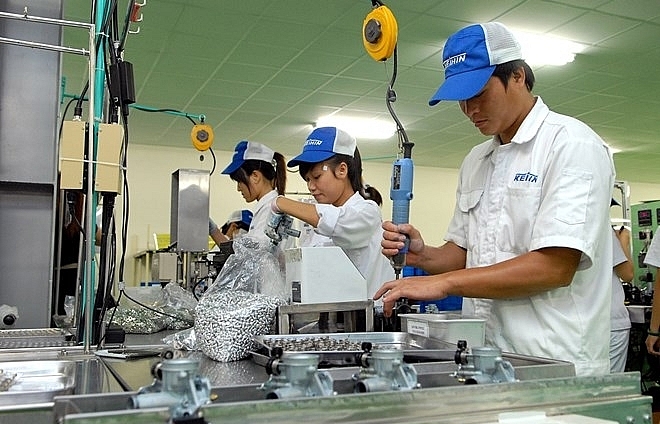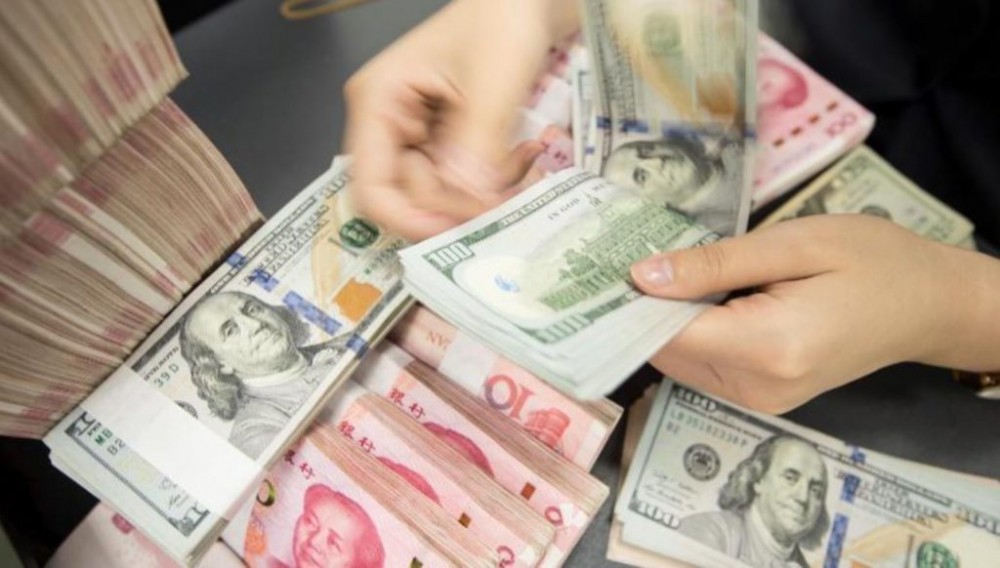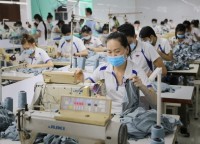
US-Sino trade war: From tit-for-tat to agreement?
Latest
| TIN LIÊN QUAN | |
| Vietnam stays attractive to foreign investors amid trade war: economist | |
| Vietnam’s realty market sees opportunities from Sino-US trade war | |
 |
| For the first time since 2008, the Chinese central bank let the yuan weaken beyond 7 per US dollar. (Photo: Gecko Research). |
The US - China trade conflict has escalated to a higher extent with China devaluating its currency and the US officially labeling China as a currency manipulator. For the first time since 2008, the Chinese central bank let the yuan weaken beyond 7 per US dollar, a closely watched threshold. And for the first time since 1994, China has been declared by the US as a currency manipulator. The stock markets across the world were shocked and in fears of a fresh currency devaluating race worldwide, even currency wars.
This measure together with halting the purchase of US agricultural products and possibly raising trade tariffs on US imports are China's retaliations to US President Donald Trump's decision to impose 10% trade tariff on US$300 billion worth of Chinese goods starting September 1. And the US's naming China as currency manipulator was the largest economy’s latest reaction on this Chinese counterattack. All these lead to two conclusions: their trade disputes will be lasting longer and will become ever harder for both to reach any agreement in the next rounds of talks.
That is why these moves of the world’s two largest economies are meaningful. By increasing pressure on each other and escalating their conflict they are showing signs of impatience and that they will ease or, if possible, to solve their confrontation. It is very easy for the US to quickly remove China off the currency monitoring list and even to reverse punitive tariffs imposition on Chinese goods if it really wants or sees those moves as urgent and necessary.
It is in no way impossible for China at any time to stop devaluating its currency and to import US agricultural - products again for the same reasons as the US. The US did this and China did that not because they intended to lash out something like a currency devaluation race or to push each other into a currency war, but because they use the same tactics of "tit-for-tat" with pressing and retaliating in order to keep face and to show having the upper hand in negotiations.
Their game with currency is always like playing with double-edged knife. China’s deliberate weakening of the yuan has a limit and the US sanctions on countries it considers currency manipulators can't be limitless and effective forever. These moves sound very strong politically and psychologically, therefore only catch their desired effect if in fact they do not take effect. China and the US will soon continue their bilateral trade talks and get common agreements which can't be the final and comprehensive solution but will be at least something like a truce until a new conflict emerges.
 | What can the US-China trade war bring to Vietnam’s plastics industry? Two possible scenarios in Vietnam exist: exporting more products and becoming suppliers to Walmart and IKEA, or becoming a place for Chinese goods to transit ... |
 | Economy shows signs of losing momentum: expert Vietnam’s economy grew at a fast pace in the first half of 2018 compared to the previous years, but there are indications that it is ... |
 | Impacts of US-China trade war on Vietnam’s garment, footwear industries Vietnam’s key commodities, including apparel, leather, and footwear, are forecast to be hurt by the US-China trade war, which began on July 6 when the ... |















